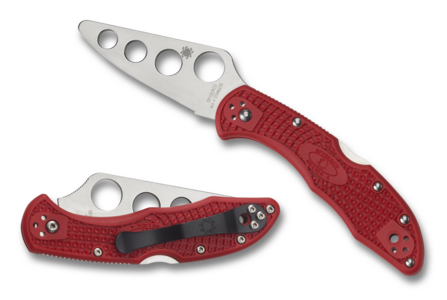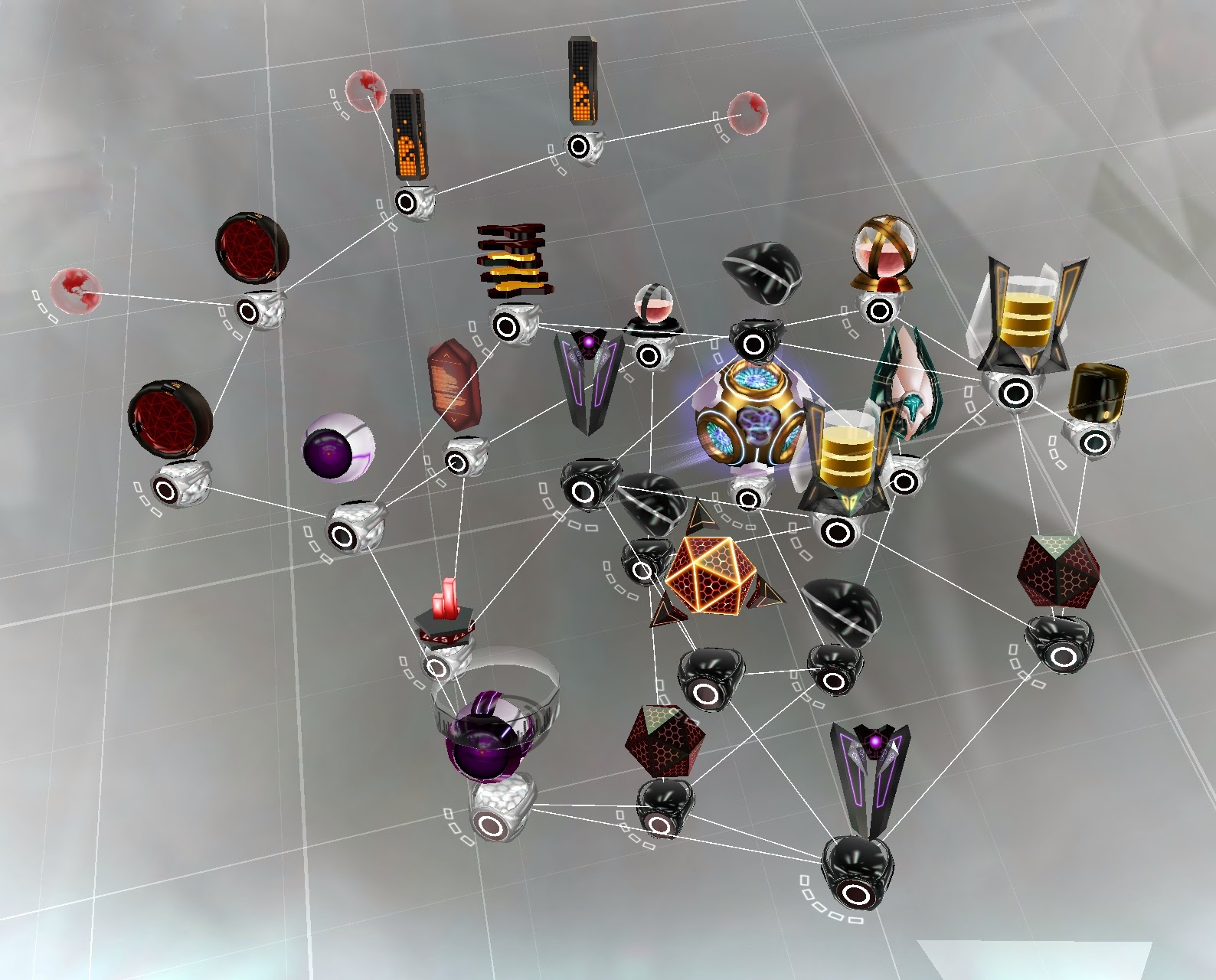
Martial arts aren't just for Vietnamese. Dau Vat and Tan Khanh Ba Tra are also available. Vovinam-Viet Vo Dao is another option. These are just a few basics to help you get started. There are many forms of martial art in Vietnam. Each one has its own history and style.
Vovinam - Viet Vo Dao
Vovinam, a Vietnamese type of martial art, is one example. It is a style of self-defense and has been practiced by Vietnamese and Cambodian people for thousands of years. It is a traditional Vietnamese combat art that is both practical, and highly effective.

Tan Khanh Ba Tra
Vietnam's cultural heritage is made up of Tan Khanh Ba Tra, a part of which are the Tan Khanh Ba Tra Martial Arts. This ancient art, together with Binh Dinh traditional combative arts, is recognized as a national immaterial cultural heritage. It is the pride and joy of Binh Duong's cultural department and the pride and joy of many generations of teachers and students.
Dau Vat
The Dau Vat martial arts in Vietnam are an ancient grappling style with a rich history. The art is based around the most sacred day of the Vietnamese calendar, and is linked to legends of Vietnamese resistance to foreign invasion.
Vinh Xuan – Vietnam School
Vinh Xuan focuses primarily on coordination and spontaneity. This ancient form Kung Fu includes seven base stances as well as numerous footwork placements, attacks, defense techniques, and footwork. Students also learn relaxation and coordination techniques.

Binh Dinh Gia
Binh Dinh Gia refers to an ancient style in Vietnam's martial arts. For generations, this ancient form of martial art has been a tradition. It is widely practiced in Vietnam today. A festival devoted to the practice of this ancient art is held annually in Binh Dinh province. This event promotes this Vietnamese martial art's culture and heritage.
FAQ
Is it legal to carry a stungun?
Yes. However, you will need a permit issued by your state.
You will need to fill out an application and pay a fee in order to apply for a permit.
You must keep your permit visible, such as in your wallet, once you receive it.
If your permit is lost, you will have to start the process over again.
What time does it take for a stun gun to be recharged?
It will vary depending on the battery type.
For example, AA batteries can take 2 hours to charge while AAA batteries can take 8 hours.
What are the benefits of martial arts training?
Martial arts training will help you to develop skills that can be used in any situation. You'll be stronger and more agile. They also teach you how to handle different types of attacks.
You will also feel more confident. Feeling safe makes you more relaxed and less stressed.
They are also great for your health. Studies show that regular exercise improves your overall physical condition.
What is the best gun to have for self-defense purposes?
The best weapon to use for self-defense is a sharp knife. Even though you may not feel the need for a knife, it will come in handy if someone attempts to attack you.
A $100 folding knife is not necessary to be protected. Simple pocketknives will suffice. For any emergency, you can add some extra tools.
Do stun guns hurt people?
It's not true. A stungun works by injecting small amounts of current directly into the skin.
It doesn't cause permanent harm.
Statistics
- Most likely, the person will want some kind of boxing match, so if you can out-box them, this would be 100% ideal for survival. (budodragon.com)
- Some people walk into a gym thinking they are going to become the best by training whenever they like and not putting 100% effort in. (budodragon.com)
- Boxers aren't allowed to fight in a clinch, which is a position that occurs in 80% of the streetfights. (mmaclan.com)
- Kung Fu alone has 400 unique martial art styles – and whilst you likely won't be able to find a school for each form, many other martial arts are completely different altogether. (budodragon.com)
External Links
How To
How to Survive a Home Invasion
Home invasion is frightening, especially if you have children. We didn't know what it would feel like to be in the midst of home invasions when we began our home security installation journey. Here's what we've learned so far.
-
Don't let your children witness the attackers. Two men broke into our home upstairs while our kids were sleeping. We kept them downstairs till the police arrived. Our kids weren't hurt, but they saw enough to traumatize them.
-
Lock Up All Valuables. We keep valuables locked up in a safe in our bedroom. Even if someone breaks into the house, they won't be able to access it.
-
Keep an eye out on burglars. We live in a neighborhood that has a lot of burglaries. We are always on the lookout for suspicious cars and people.
-
Always have a backup plan. Our family will be financially protected in case anything happens. We also have a plan in place to leave the country if necessary.
-
Be Prepared. If you are ever in a situation where your life is at stake, it is important to be prepared. Always have food, water, or other supplies on hand.
-
Call 911 first. Call 911 immediately after finding out someone is breaking into your house. It's safer to call the authorities immediately than to wait for them at your door.
-
Use common sense. You won't allow anyone in who isn't right for you. Don't invite strangers over.
-
Get Help From Neighbors Or Other People In The Area. If you feel unsafe, contact your friends and neighbors. They can be there to help you while you call 911.
-
Keep calm and do what is instructed by police officers. Keep calm and do as the officers direct. Avoid fleeing or resisting arrest
-
Take Pictures Of Any Evidence. All evidence collected during an investigation should be photographed. This includes fingerprints and blood samples.
-
Local Law Enforcement can be contacted to file a report. Even if you are not the victim, it is a good idea to file a report with local law enforcement. You may be able to prevent other crimes.
-
Get in touch immediately with the Insurance Company. Call your insurance company immediately. You can tell them all about what happened and they will send an adjuster out to assess the damage.
-
Take away personal belongings. Take your personal belongings off the premises. If you're wearing expensive jewelry, take it off and put it somewhere safe.
-
You must take good care of yourself. Take care of yourself. Make sure you empty the trash, clean up any broken glass, and lock all doors.
-
Don't Talk About What Happened. Do not talk about what happened to anyone. You never know who might attempt to use this information against later.